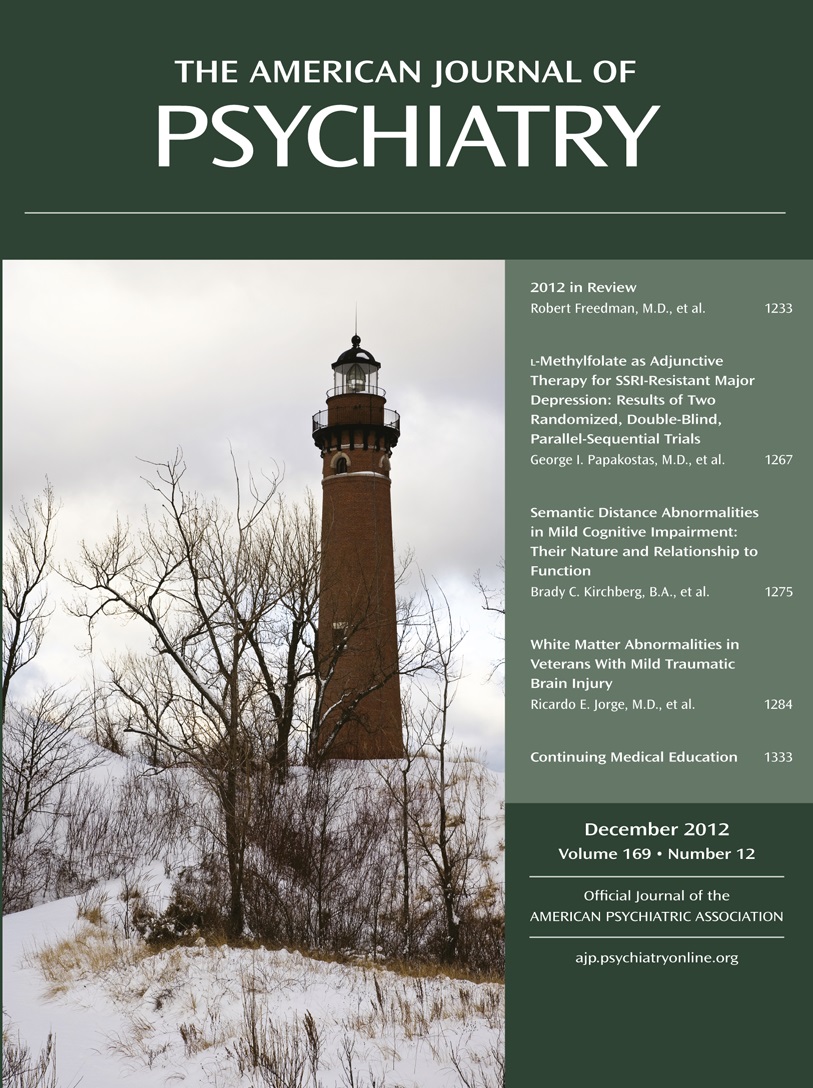The Nature of the Association Between Childhood ADHD and the Development of Bipolar Disorder: A Review of Prospective High-Risk Studies
Abstract
Objective
The author reviewed prospective longitudinal studies of the offspring of parents with bipolar disorder to inform our understanding of the nature of the association between childhood ADHD and the risk of developing bipolar disorder in adolescence and young adulthood.
Method
A literature review of published prospective cohort studies of the offspring of bipolar parents since 1985 was undertaken using a comprehensive search strategy in several electronic databases. The author provides a qualitative synthesis of results focusing on ADHD and the association with bipolar disorder in prospectively assessed high-risk offspring. These results are discussed in light of findings from other prospective epidemiological and clinical cohort studies.
Results
From the reviewed high-risk studies, evidence suggests that the clinical diagnosis of childhood ADHD is not a reliable predictor of the development of bipolar disorder. However, the author found evidence that symptoms of inattention may be part of a mixed clinical presentation during the early stages of evolving bipolar disorder in high-risk offspring, appearing alongside anxiety and depressive symptoms. The author also found preliminary evidence that childhood ADHD may form part of a neurodevelopmental phenotype in offspring at risk for developing a subtype of bipolar disorder unresponsive to lithium stabilization.
Conclusions
While childhood ADHD does not appear to be part of the typical developmental illness trajectory of bipolar disorder, subjective problems with attention can form part of the early course, while neurodevelopmental abnormalities may be antecedents in a subgroup of high-risk children.



